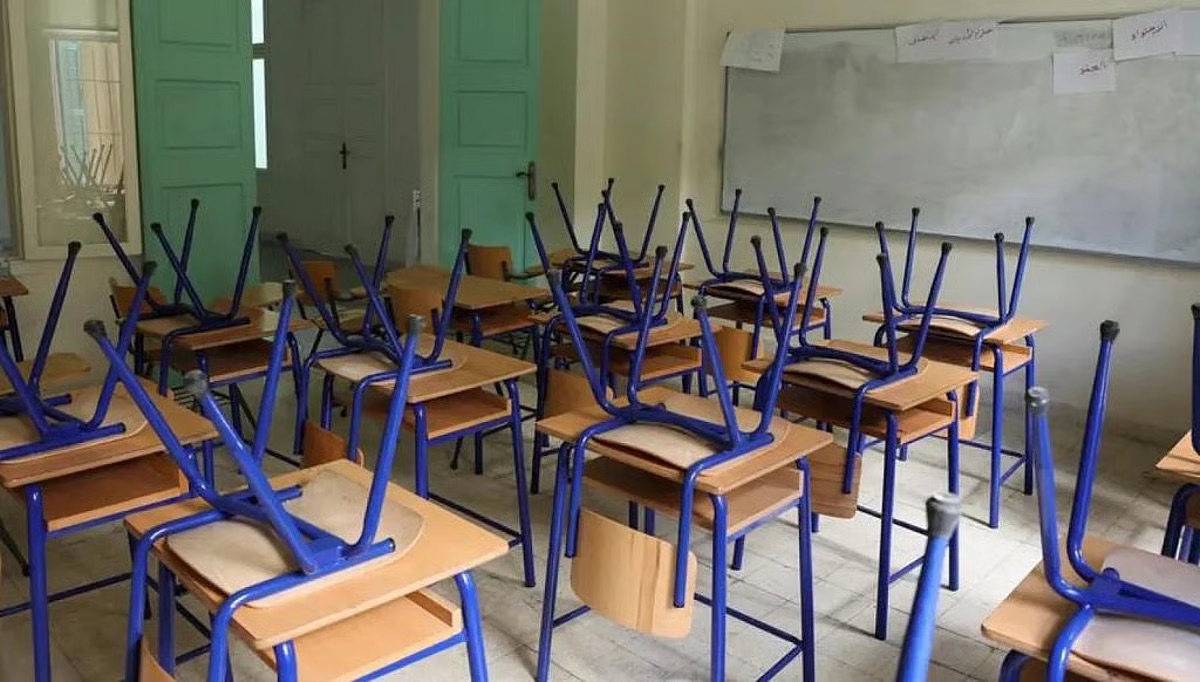On Tuesday, Lebanon’s Ministry of Education and Higher Education announced that the upcoming 2025-2026 academic year will feature a public-school week of four days instead of five.
Minister of Education, Rima Karami, had chaired a meeting with the Director General of Education, Fadi Yarak, along with other officials to review preparations for the upcoming school year.
The decision came alongside a series of other educational decisions such as the approval of new curricula, restructuring, and the reassignment of roles which would impact different staff in public schools.
Are Economic Reasons Behind the Initiative?
Analysts were quick to assume that the decision came as a result of the ongoing socioeconomic crisis, which had a significant impact on Lebanon’s education sector. The salaries of teachers and overall budgetary preparedness for schools exponentially dropped since 2019.
However, rushing to attribute the decision to general financial reasons fails to capture an insidious trend within public administration.
Economists such as Mounir Younes and Ali Noureddine have pointed out that state assets in Lebanon’s Central Bank have increased by $USD 3.3 billion since mid-February 2024, reaching $USD 7.61 billion.
The increase in the state’s assets in the Central Bank, however, was not coupled by an increase in social spending from the government on vital sectors, including education.
In a post on Facebook, Noureddine says that there is “no truth to the claim that there are ‘economic reasons’ that prevent the correction of teachers’ salaries in public education, in order to resume the five-day school week”.
“[These are funds] that won’t go to [the people]. And there are reasons why they are being hoarded in this manner,” adds Noureddine in relation to the increase in the state’s assets in the Central Bank.
The academic year is set to begin on September 15, and there remains no official explanation for the ministry’s decision. According to the New Arab, Karami indicated that she will provide further details in upcoming ministerial decisions.
As Lebanon enters an extremely delicate phase amid ongoing Israeli strikes and the process of disarming non-state armed factions, vital sectors remain in a dire state. Ensuring equitable access to basic services and efficient public institutions remains a top priority for the government as part of Lebanon’s rejuvenation plans.


